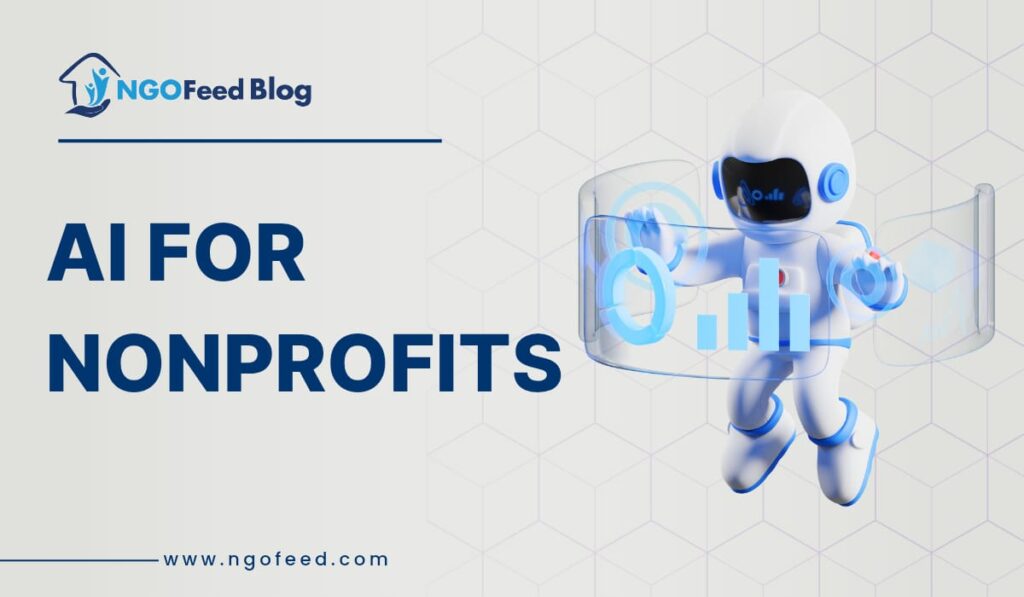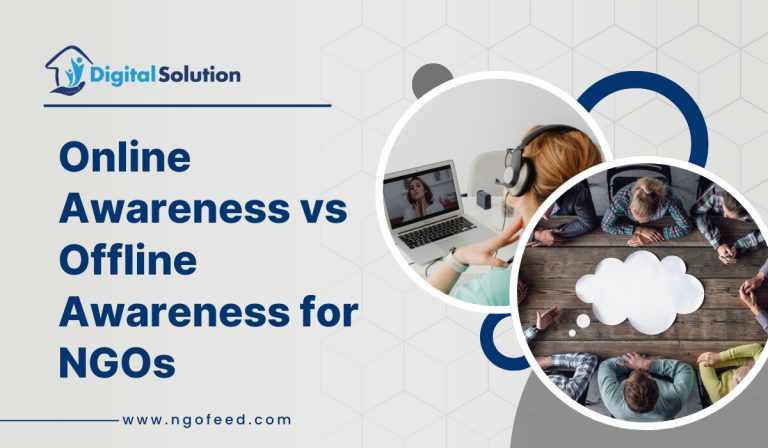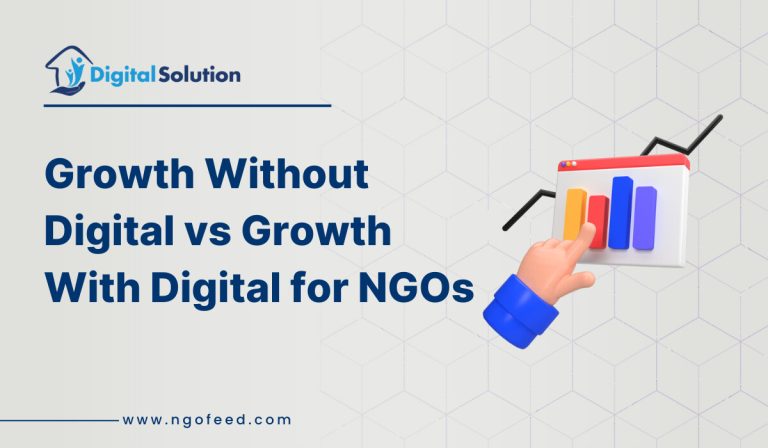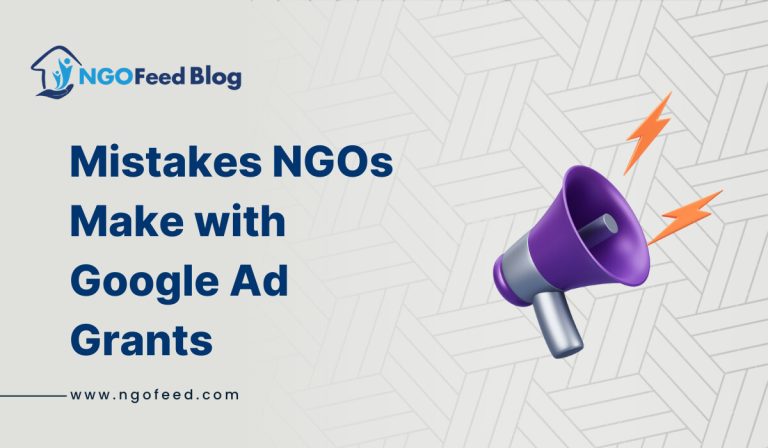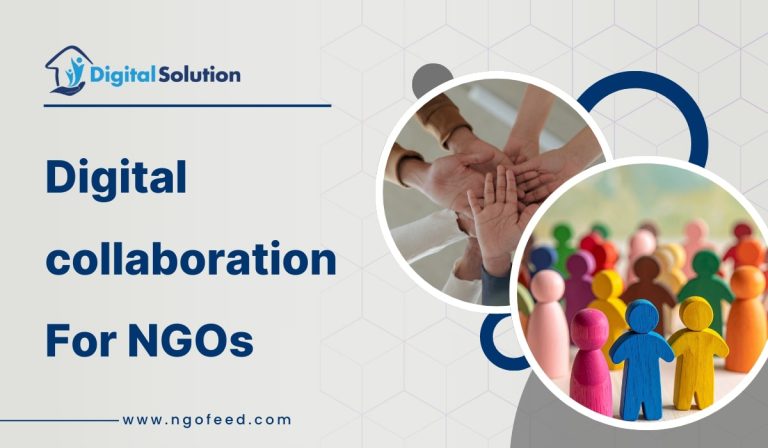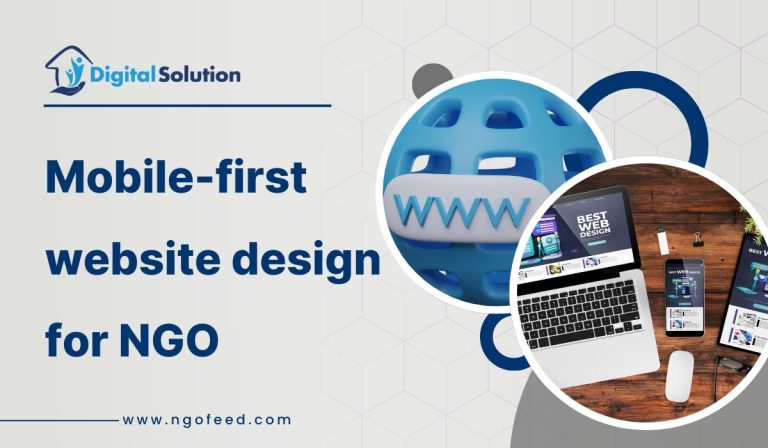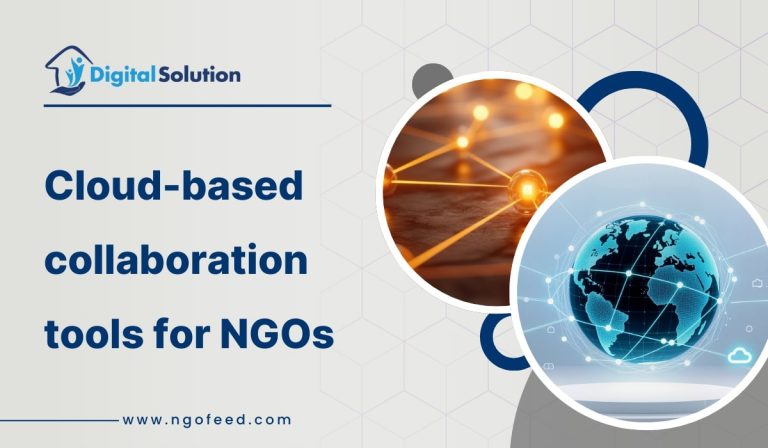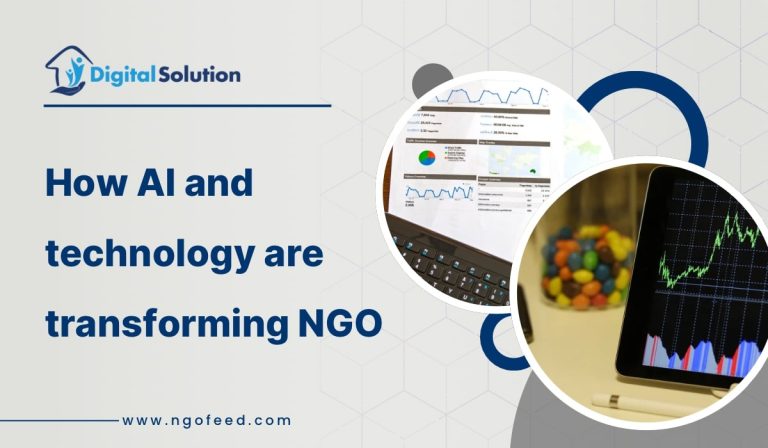AI for Nonprofits: Artificial Intelligence (AI) is changing various industries, and the nonprofit sector is included. By utilizing AI, nonprofits can improve operational efficiency, enhance fundraising strategies, and better support their communities. This article examines the key methods AI is altering the nonprofit domain, along with its benefits, challenges, and future possibilities.
Table of Contents
1. Enhancing Fundraising and Donor Engagement
AI-powered tools can examine donor behaviour, forecast giving trends, and customize outreach efforts. Chatbots and virtual assistants enable real-time communication, boosting donor involvement. Machine learning algorithms assist in identifying potential donors and refining fundraising campaigns by evaluating extensive datasets.
Also Read: Digital Storytelling for NGOs
2. Streamlining Administrative Operations
AI can automate repetitive administrative tasks, including data entry, scheduling, and responding to emails, allowing staff to concentrate on mission-focused activities. Intelligent document processing tools simplify grant applications, reporting, and compliance monitoring, minimizing human error and enhancing efficiency.
3. Improving Service Delivery
AI-driven analytics allow nonprofits to accurately evaluate community needs and allocate resources efficiently. Predictive modelling aids organizations in forecasting service demand, ensuring prompt intervention. AI-powered translation and speech recognition tools promote communication among diverse linguistic groups, increasing accessibility.
Also Read: Social Media for NGO
4. Strengthening Volunteer and Workforce Management
AI enhances volunteer recruitment by pairing individuals with appropriate opportunities based on their skills and interests. Workforce analytics bolster staff retention and training initiatives by discovering trends and delivering data-driven insights.
5. Ethical Considerations and Challenges
Although AI presents considerable benefits, nonprofits need to address ethical issues like data privacy, algorithmic bias, and accessibility. Ensuring transparency, establishing ethical AI guidelines, and prioritizing data security are crucial for responsible AI use.
6. Prospects of AI in the Nonprofit Sector
As AI technology progresses, its significance in the nonprofit sector will keep growing. Innovations in AI-driven storytelling, virtual reality fundraising, and blockchain integration for transparent transactions offer great potential for the future.
Also Read: Nonprofit Marketing Strategy
Conclusion
AI offers transformative possibilities for nonprofits, empowering them to maximize their impact while functioning efficiently. By adopting AI in a responsible manner, nonprofits can expand their reach, optimize operations, and foster meaningful societal change. As technology advances, organizations must stay flexible and ethically aware in utilizing AI for the common good.

